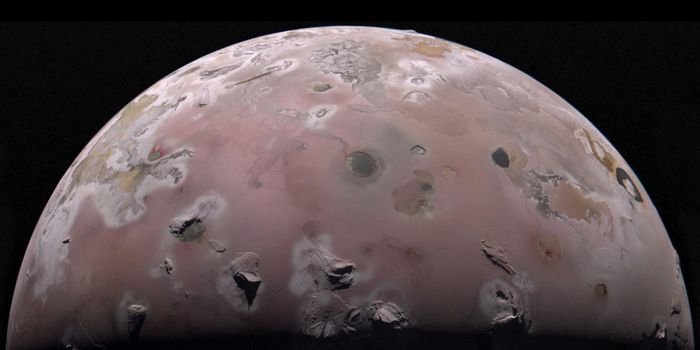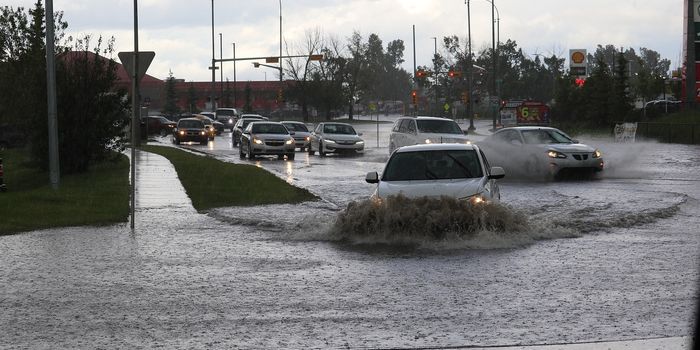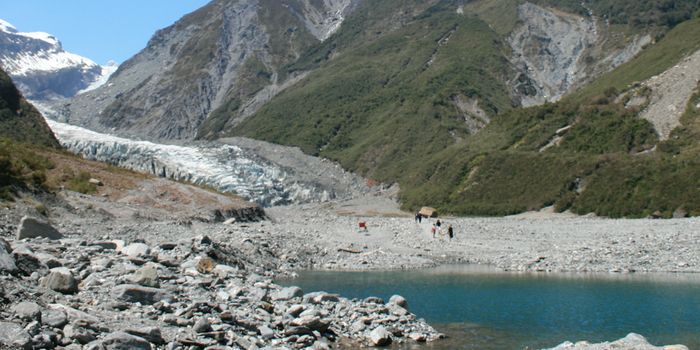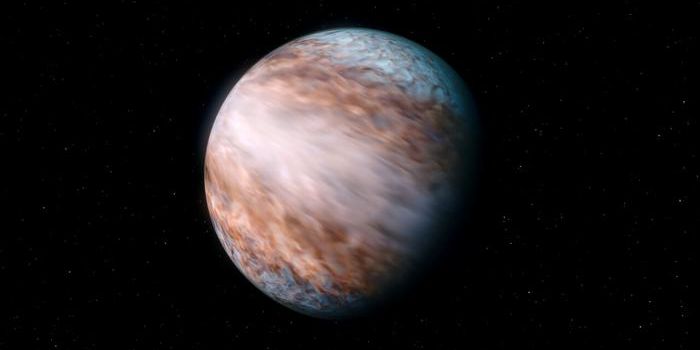Road Salts and Environmental Consequences: A Global Perspective
Are humans disrupting the Earth’s salt cycle through deicing roads and other salt activities? This is what a recent study published in Nature Reviews Earth & Environment hopes to address as a team of researchers led by the University of Maryland examine the environmental impact of salting roads as a safety measure from freezing temperatures, resulting in increased levels of salt throughout the environment, including the air, soil, and water, thus disrupting the Earth’s natural salt cycle. While the Earth’s natural salt cycle is a process that occurs over vast periods of geologic time, human activities are increasing this cycle in alarming ways.
Salts being used as deicing agents are common across the United States during the winter, with more than 44 billion pounds of deicing agent used annually. In fact, between 2013-17, road salts accounted for 44 percent of the salt use in the United States, which accounts for 13.9 percent of total dissolved solids that make their way into streams and waterways across the nation.
“This is a slow-moving train wreck,” said Dr. Megan Rippy, who is an assistant professor in civil and environmental engineering at Virginia Tech and a co-author on the study. “It’s playing out so slowly that it’s easy to overlook that our streams, lakes, and drinking water resources are becoming progressively saltier.”
For the study, the researchers conducted their investigations at the Occoquan Watershed Monitoring Laboratory (OWML) located at Virginia Tech to ascertain the impact of salt-related human activities on the environment. In the end, they discovered that an area equivalent to the United States, or approximately 2.5 billion acres of worldwide soil, was impacted by salt-related human activities. Additionally, the last half century has seen a rise in salt ions in rivers and streams, and the air is even being impacted from lakes drying up, resulting in salt being dispersed into the atmosphere.
Image of a water sample being analyzed at at the Occoquan Watershed Monitoring Laboratory, where civil and environmental engineering researchers investigated salt levels and other contaminants. (Credit: Peter Means/Virginia Tech)
“History is littered with ancient civilizations that collapsed because they couldn’t balance their salt budget. I’m hoping this article will raise awareness and lead to action on this issue, so that history doesn’t repeat itself,” said Dr. Stanley Grant, who is a professor at Virginia Tech and co-director of OWML, and a co-author on the study.
What new discoveries will researchers make about human-caused salt activities and the Earth’s salt cycle in the coming years and decades? Only time will tell, and this is why we science!
As always, keep doing science & keep looking up!
Sources: Nature Reviews Earth & Environment, Virginia Tech News, EurekAlert!, Virginia Tech









